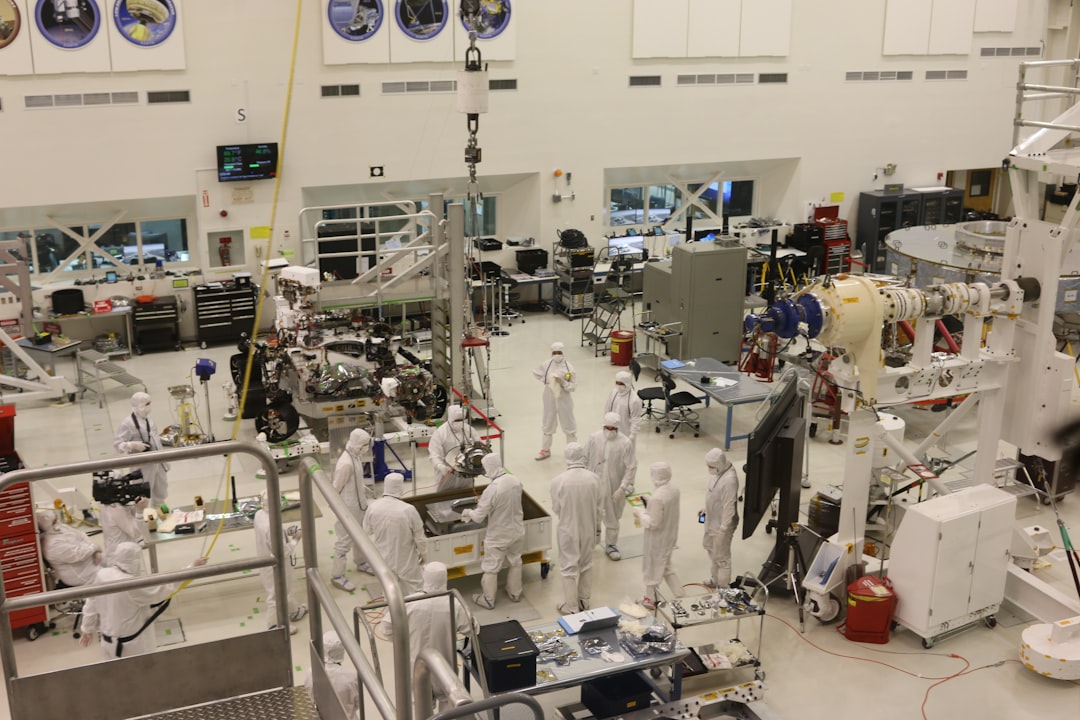Over the years, robotics has become an integral part of the manufacturing sector, revolutionizing the industry in ways that were once unimaginable. From increased efficiency to enhanced safety, robotics is changing the way products are made and businesses operate. In this blog post, we will explore how robotics is transforming the manufacturing sector and why companies are increasingly turning to automation to stay ahead of the competition.
One of the key ways in which robotics is transforming the manufacturing sector is by increasing efficiency and productivity. Robots are able to work around the clock without the need for breaks, rest, or time off, allowing companies to increase their output significantly. By automating repetitive and labor-intensive tasks, robots can perform tasks faster and with greater precision than their human counterparts, resulting in higher quality products and reduced production costs.
In addition to increased efficiency, robotics is also improving safety in the manufacturing sector. Robots are able to handle dangerous, dirty, and hazardous tasks that would otherwise put human workers at risk. By automating these tasks, companies can reduce workplace accidents and injuries, creating a safer working environment for their employees. This not only protects workers from harm but also helps companies avoid costly fines and lawsuits associated with workplace accidents.
Furthermore, robotics is also helping companies meet the growing demand for personalized products and customized manufacturing. With the rise of e-commerce and the desire for unique products, manufacturers are under increasing pressure to provide customers with personalized solutions. Robots equipped with advanced sensors and artificial intelligence are able to quickly adapt to changing production requirements, allowing companies to produce a wider variety of products in smaller quantities with minimal downtime.
Another way in which robotics is transforming the manufacturing sector is by enabling companies to reshore their production back to developed countries. In the past, many companies outsourced their manufacturing operations to low-cost countries in order to reduce labor costs. However, rising wages, transportation costs, and geopolitical risks have made this strategy less viable in recent years. By automating their production processes with robotics, companies can bring their manufacturing operations back home, creating jobs and boosting local economies.
Moreover, robotics is helping companies better manage their supply chains and inventory levels. By implementing automation technologies, manufacturers can reduce lead times, improve forecasting accuracy, and minimize waste throughout the production process. Robots can be programmed to communicate in real-time with other machines and systems, enabling companies to track and monitor their production processes more effectively. This level of visibility and control allows companies to make informed decisions and respond quickly to changes in demand or supply.
In addition to improving efficiency, safety, and flexibility, robotics is also enabling companies to innovate and explore new opportunities for growth. With advancements in technology such as 3D printing, collaborative robots, and autonomous vehicles, manufacturers are able to develop new products and services that were previously impossible or too costly to produce. By investing in robotics and automation, companies can stay competitive and adapt to changing market conditions, paving the way for future growth and success.
While the benefits of robotics in the manufacturing sector are clear, there are also some challenges that companies must overcome in order to fully realize the potential of automation. One of the main challenges is the initial cost of implementing robotics, which can be prohibitively expensive for some companies. In addition, companies may face resistance from employees who fear that automation will lead to job losses or changes in their roles.
However, many experts believe that the benefits of robotics outweigh the challenges, and that companies that embrace automation will ultimately be more successful in the long run. By investing in robotics, companies can improve their competitiveness, increase their productivity, and create new opportunities for growth. As the manufacturing sector continues to evolve and adapt to changing market conditions, robotics will play an increasingly important role in shaping the future of industry.
In conclusion, robotics is transforming the manufacturing sector in a multitude of ways, from increasing efficiency and safety to enabling companies to innovate and grow. By embracing automation technologies, companies can stay ahead of the competition and meet the challenges of the modern marketplace. As the industry continues to evolve, robotics will play a crucial role in shaping the future of manufacturing and driving economic growth.

